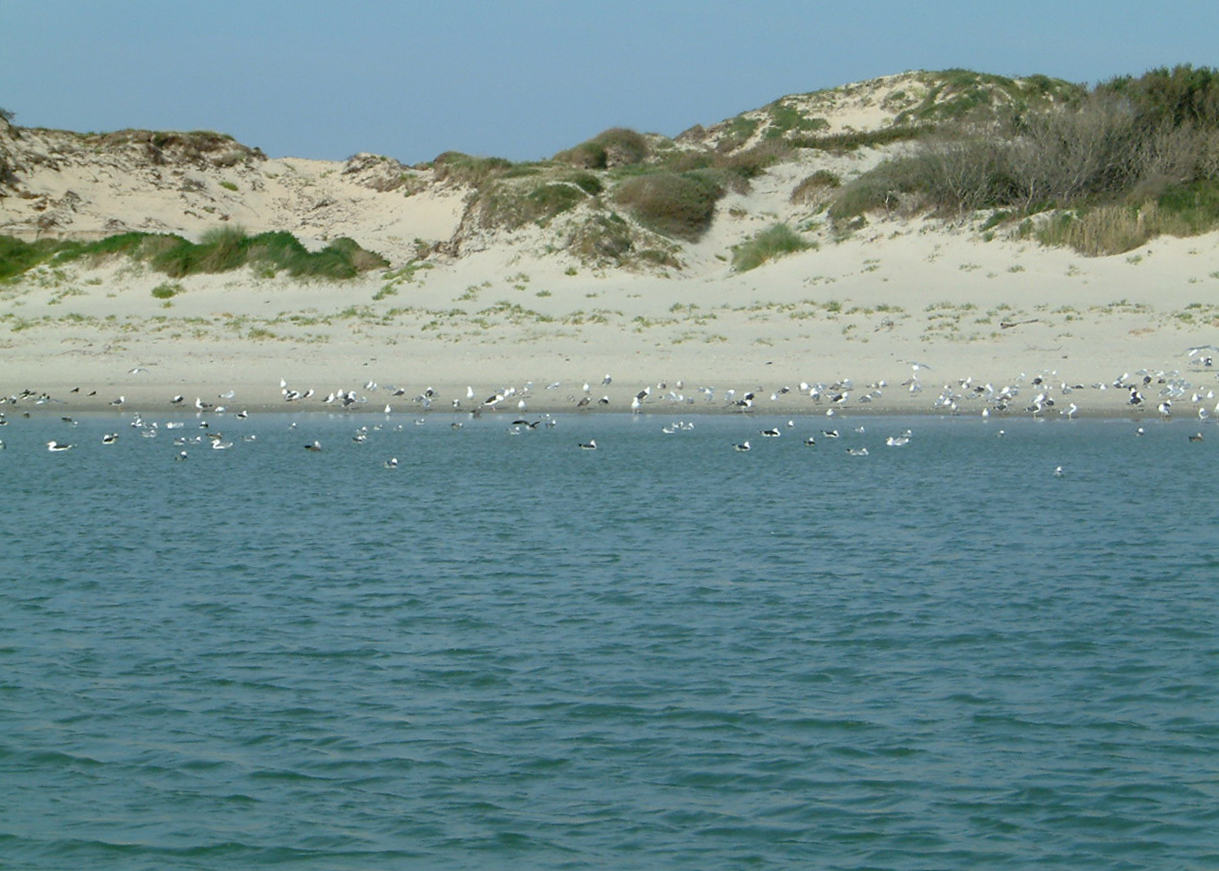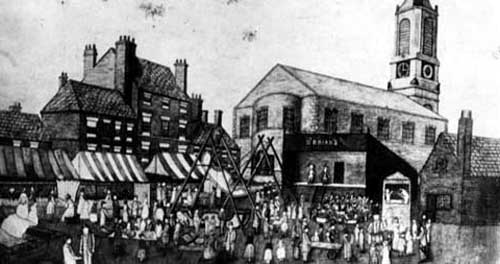|
Paris-Plage
Le Touquet-Paris-Plage (; pcd, Ech Toutchet-Paris-Plache; vls, 't Oekske, older nl, Het Hoekske), commonly referred to as Le Touquet (), is a commune near Étaples, in the Pas-de-Calais department, northern France. It has a population of 4,227 (2019), but welcomes up to 250,000 people during the summer. Located on the Opal Coast, south of Boulogne-sur-Mer, on the shoreline of the English Channel, the seaside resort has been nicknamed the "Garden of the English Channel" (french: Jardin de la Manche), the "Pearl of the Opal Coast" (french: Perle de la Côte d'Opale), the "Sports Paradise" (french: Paradis des sports) or the "Four Seasons Resort" (french: Station des quatre saisons). The city bears the scars of wounds inflicted during World War II by the construction of the Atlantic Wall, the planting of mines prior to the German withdrawal and intensive Allied bombings. Nevertheless, part of the architectural heritage of Le Touquet was left intact. A number of unique vill ... [...More Info...] [...Related Items...] OR: [Wikipedia] [Google] [Baidu] |
John Robinson Whitley
John Robinson Whitley, (13 December 1843, Leeds – 22 March 1922, Condette, France) was a British entrepreneur who inaugurated the Earls Court Exhibition Centre, Earl's Court Exhibition Grounds in Fulham, West London in 1887. After four major exhibitions on the site (1887–1892), he moved to France where in partnership with Allen Stoneham, he developed Le Touquet-Paris-Plage, Touquet-Paris-Plage and created Hardelot-Plage. He was a brother-in-law of pioneering French Cinematographer, Louis Aimé Augustin Le Prince and grandfather of Air marshal Sir John Whitley (RAF officer), John Whitley. Background John Whitley was the eldest son of Leeds iron and bronze foundry owner, Joseph Whitley and his wife, Sarah née Robinson. Joseph Whitley, originally from Wakefield, was steeped in metallurgy and moved to Leeds where in 1844 he opened his own business, J.Whitley & Co., subsequently J.Whitley Partners, which he headed until his death in 1891. He was an innovator and inventor, hold ... [...More Info...] [...Related Items...] OR: [Wikipedia] [Google] [Baidu] |
Hippolyte De Villemessant
Jean Hippolyte Auguste Delaunay de Villemessant (22 April 1810, Rouen – 12 April 1879, Monte-Carlo) was a conservative French journalist. Life The son of colonel Pierre Cartier and of Augustine Louise Renée Françoise de Launay de Villemessant, Hippolyte de Villemessant began his career trading in ribbons. After his business fell apart, he left to become an insurance inspector in Tours then in Nantes. Moving to Paris in 1839, he launched a weekly magazine on fashion, literature, theatre and music entitled ''La Sylphide'', which was impregnated with perfume from his advertisers. In 1841 he set up the ''Le Miroir des dames'', which only lasted two years. In 1844, ''La Sylphide'' met the same fate. In May 1848, he tried again with ''Le Lampion'', which lasted three months. The journal was renamed ''La Bouche de fer'' and got de Villemessant imprisoned in the prison de Mazas. In 1850, he launched ''La Chronique de Paris'' and, after that was suppressed, replaced it with '' ... [...More Info...] [...Related Items...] OR: [Wikipedia] [Google] [Baidu] |
Étaples
Étaples or Étaples-sur-Mer (; vls, Stapel, lang; pcd, Étape) is a commune in the Pas-de-Calais department in northern France. It is a fishing and leisure port on the Canche river. History Étaples takes its name from having been a medieval staple port (''stapal'' in Old Dutch), from which word the Old French word ''Estaples'' derives. As a port it was part of the administrative and economic complex centred on Montreuil after access from the sea to that town was restricted by silting. The site of modern Étaples lies on the ridge of dunes which once lay to seaward of a marsh formed off-shore from the chalk plateau of Artois. From the Canche northwards, the dunes tend to extend inland, all the way to the old chalk cliff. It lay just outside the southern edge of the mediaeval Boulonnais and some eighteen kilometres () south of the geological region of that name. The dunes were established as the sea level rose during the Quaternary and show signs of habitation during the Pala ... [...More Info...] [...Related Items...] OR: [Wikipedia] [Google] [Baidu] |
Étaples Mutiny
The Étaples mutiny was a series of mutinies in September 1917 by British Army and British Imperial soldiers at a training camp in the coastal port of Étaples in Northern France during World War I. Background Before the war, Étaples, south of Boulogne-sur-Mer, was a coastal fishing port with a fleet of trawlers. It also attracted artists from around the world. After 1914, the town became one of a series of British Army bases that stretched along the Channel coast of France. Étaples did not impress British women who volunteered to work in YMCA huts at the base. In the words of Lady Baden-Powell, "Étaples was a dirty, loathsome, smelly little town". On the other side of the river was the smart beach resort known officially as Le Touquet-Paris-Plage, and unofficially as either Le Touquet or Paris-Plage. Le Touquet was in effect officers' territory, and pickets were stationed on the bridge over the Canche to enforce the separation. Étaples was a particularly notorious base c ... [...More Info...] [...Related Items...] OR: [Wikipedia] [Google] [Baidu] |
Berck
Berck (), sometimes referred to as Berck-sur-Mer (, literally ''Berck on Sea''), is a commune in the northern French department of Pas-de-Calais. It lies within the Marquenterre regional park, an ornithological nature reserve. Geography Situated just to the north of the estuary of the river Authie, Berck has a huge expanse of sandy beach and impressive grassy-topped dunes facing north onto the English Channel. The town comprises two parts – to the east, the old fishing town of Berck-Ville and to the west the seaside area, Berck-sur-Mer. Toponymy Berck is attested through the centuries in various forms: ''datum Bergis'' and ''Berc'' in 1215, ''Bierk'' in 1282.Albert Dauzat and Charles Rostaing, 72b. Its origin has been conjectured to come either from Germanic ''berg'' "hill", "mount" or ''birkja'' "place of the birch trees", designating the birch tree wood nearby. The Modern Dutch word for "birch" is ''berk''. In Dutch the name is ''Berk-aan-Zee''. History The old town w ... [...More Info...] [...Related Items...] OR: [Wikipedia] [Google] [Baidu] |
Amber Reeves
Amber Blanco White (' Reeves; 1 July 1887 – 26 December 1981) was a New Zealand-born British feminist writer and scholar. Early life Reeves was born in Christchurch, New Zealand, the eldest of three children of Fabian feminist Maud Pember Reeves (née Robison; 1865–1953) and New Zealand politician and social reformer William Pember Reeves. The family moved to London in 1896, where her father became New Zealand's Agent-General. Her widowed aunt, cousins, and servants joined the household in Cornwall Gardens, Kensington. "London was hateful after New Zealand", she said. "No freedom. No seashore. Streets, streets, streets. Houses, houses". Reeves attended Kensington High School until 1904, and then travelled to Europe to become fluent in French. Her father was not fully converted to the higher education of women; when he gave her the choice between being presented at court and going to the University of Cambridge, she chose Cambridge. Reeves then began studying Moral Sci ... [...More Info...] [...Related Items...] OR: [Wikipedia] [Google] [Baidu] |
Pas-de-Calais
Pas-de-Calais (, " strait of Calais"; pcd, Pas-Calés; also nl, Nauw van Kales) is a department in northern France named after the French designation of the Strait of Dover, which it borders. It has the most communes of all the departments of France, 890, and is the 8th most populous. It had a population of 1,465,278 in 2019.Populations légales 2019: 62 Pas-de-Calais INSEE The Calais Passage connects to the on the . Pas-de-Calais borders the departments of [...More Info...] [...Related Items...] OR: [Wikipedia] [Google] [Baidu] |
Constance Lewes
Constance Edwina Lewis, (formerly Grosvenor, née Cornwallis-West; 16 May 1877 – 21 January 1970), also known as Shelagh, was an English socialite and peeress. Early life Constance Edwina Cornwallis-West was the youngest child of William and Mary "Patsy" FitzPatrick. Her father was Member of Parliament for Denbighshire West and served as Lord-Lieutenant of Denbighshire from 1872 to 1917 and his mother was known as a great beauty and leading socialite. She was very close to her sister, Daisy, Princess of Pless (wife of Hans Heinrich XV von Hochberg). Her brother was George Cornwallis-West, the second husband of Lady Randolph Churchill, mother of Winston Churchill. Her maternal grandfather was Reverend Frederick Fitzpatrick and her paternal grandfather was Frederick Richard West (son of the Hon. Frederick West, younger son of John West, 2nd Earl De La Warr). Olympic career The Duchess was one of only two women to compete in sailing at the 1908 Summer Olympics as owner ... [...More Info...] [...Related Items...] OR: [Wikipedia] [Google] [Baidu] |
Communauté D'agglomération Des Deux Baies En Montreuillois
The Communauté d'agglomération des Deux Baies en Montreuillois is a ''communauté d'agglomération'', an intercommunal structure, in the Pas-de-Calais department, in the Hauts-de-France region, northern France. It was created in January 2017 by the merger of the former communautés de communes Montreuillois, Opale Sud and Mer et Terres d'Opale. 31 August 2016, p 59 Its seat is in Montreuil.CA des Deux B ... [...More Info...] [...Related Items...] OR: [Wikipedia] [Google] [Baidu] |
Communes Of France
The () is a level of administrative division in the French Republic. French are analogous to civil townships and incorporated municipalities in the United States and Canada, ' in Germany, ' in Italy, or ' in Spain. The United Kingdom's equivalent are civil parishes, although some areas, particularly urban areas, are unparished. are based on historical geographic communities or villages and are vested with significant powers to manage the populations and land of the geographic area covered. The are the fourth-level administrative divisions of France. vary widely in size and area, from large sprawling cities with millions of inhabitants like Paris, to small hamlets with only a handful of inhabitants. typically are based on pre-existing villages and facilitate local governance. All have names, but not all named geographic areas or groups of people residing together are ( or ), the difference residing in the lack of administrative powers. Except for the municipal arrondi ... [...More Info...] [...Related Items...] OR: [Wikipedia] [Google] [Baidu] |
Sayaji Rao III Gaekwar
Sayajirao Gaekwad III (born Shrimant Gopalrao Gaekwad; 11 March 1863 – 6 February 1939) was the Maharaja of Baroda State from 1875 to 1939, and is remembered for reforming much of his state during his rule. He belonged to the royal Gaekwad dynasty of the Marathas which ruled parts of present-day Gujarat. Early life Sayajirao was born in a maratha family in the village of Kavlana in Malegaon taluka of Nashik district, as Gopalrao Gaekwad, second son of Kashirao Bhikajirao Dada Sahib Gaekwad (1832–1877) and Ummabai. His branch of the Gaekwad dynasty was a cadet branch descended from a morganatic marriage of the first Raja of Baroda and so was not expected to succeed to the throne. Matters of succession Following the death of Sir Khanderao Gaekwad (1828–1870), the popular Maharaja of Baroda, in 1870, it was expected that his brother, Malharrao (1831–1882), would succeed him. However, Malharrao had already proven himself to be of the vilest character and had been ... [...More Info...] [...Related Items...] OR: [Wikipedia] [Google] [Baidu] |


.png)


